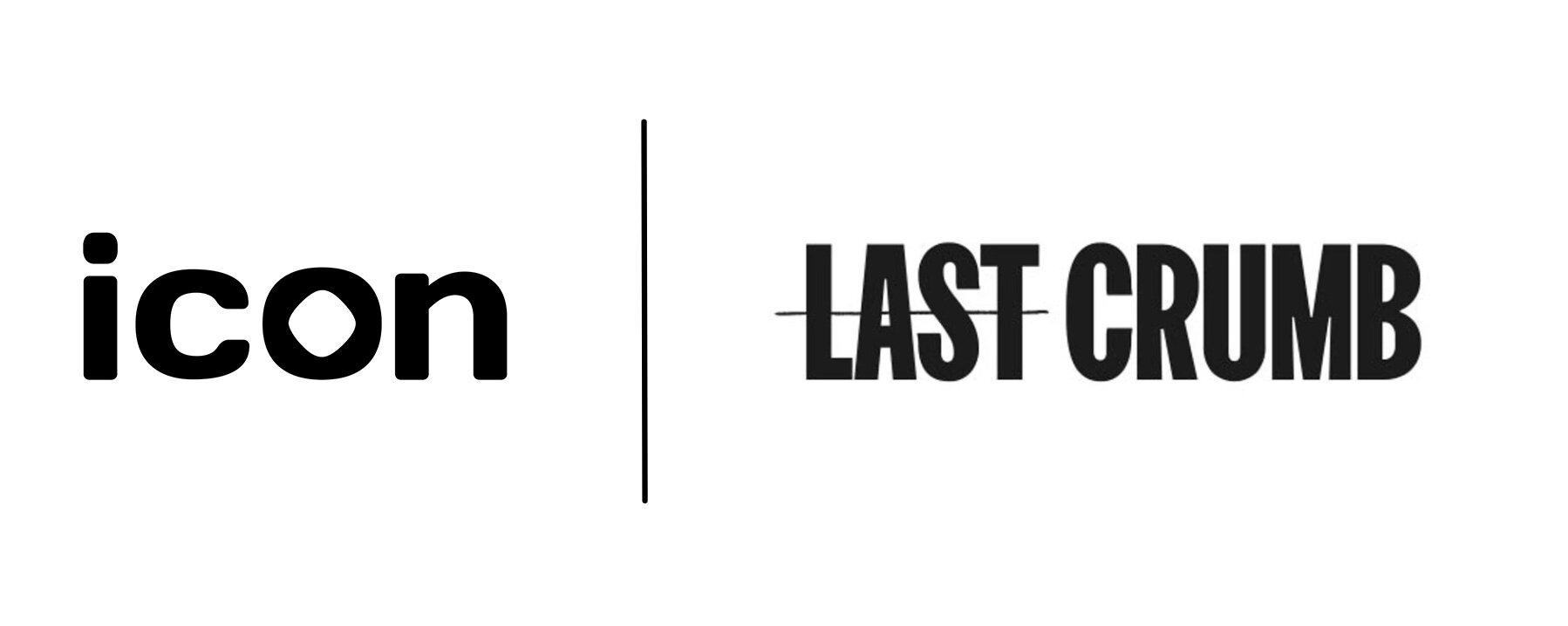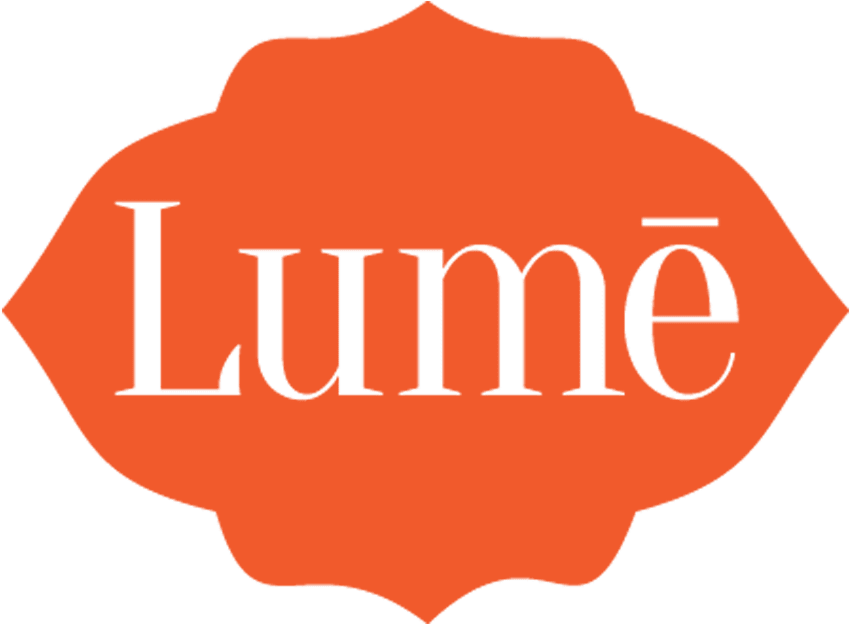Matt Jung is the CEO of Last Crumb, the Los Angeles-based, luxury cookie brand that releases limited batches of their product each week — with each drop selling out in minutes.
We sat down with Matt to tap into his knowledge on building a brand that’s confident in its identity, what defines a luxury product, and cultivating a community of avid product evangelists.
“We wanted Last Crumb to be an experience that makes people feel something — like they’re truly lucky to experience an unbelievable product. To execute on this, we essentially created the cookie equivalent of a Michelin-starred restaurant.”
The Drop Model: A Method, Not A Goal
When asked how the Last Crumb team thought to combine a drop sales model — one typically associated with high-end clothing and sneaker brands — Matt described the company’s uniquely double-sided structure.
As much as Last Crumb operates like a traditional DTC brand, the team also orchestrates a legitimate production facility for handmade cookies.
The latter aims to make as many cookies as possible while maintaining the quality standards promised by the brand, while the former, as a user-facing element, wants to sell more units than the factory could ever truly produce, as Matt puts it.
But that friction between the two individual yet equal components ultimately led to the drop model, due to its ability to maintain consistent quality of the product while maximizing availability to users and keeping up with accelerating growth and demand.
However, Matt made sure to caution against any business in any vertical utilizing a drop model.
Much like with any sales structure, different approaches present unique values to certain user demos, categories, and product types. In the case of Last Crumb, the team arrived at the brand’s current model after doggedly strategizing what could best accomplish their endgame: producing a luxury customer experience, without the aid of manufacturers.
A drop model was never (and should never be) the end goal. But a luxury brand always was.
“We never thought, ‘It’d be awesome to build a drop company.’ User experience and luxury branding were the two most important things for us, and a drop sales model just happened to play off both of those outcomes in the best way.”
The Inputs of a Luxury Brand
In terms of what exactly marks a brand — much less a cookie brand — as a luxury, Matt outlined some key touchpoints of the Last Crumb consumer experience.
Price & Scarcity
Each box includes Last Crumb’s 12 staple flavors and sells for roughly $140. The price point is, naturally, a result of the quality of the ingredients and recipes, plus the time and meticulousness that hand-making and -packaging those goods entail.
As such, a Last Crumb experience isn’t easily or frequently afforded, and thus feels far more valuable to those who do make the splurge. In Matt’s words, the brand can only produce so many boxes to their well-kept standards — and they’re still rapidly growing as such.
An Experiential & Branded Product
In addition to cultivating elevated organic content across their website and Instagram presence — a simple method for visualizing product quality and Last Crumb fans’ excitement to potential buyers — the team strives to emulate a feeling of luxury in the actual experience of the product.
In Matt’s words, they aimed to make eating a box of Last Crumb cookies feel akin to dining at a Michelin-starred restaurant — a marked experience of a high-end lifestyle — and to spur buyers to share the product with loved ones.
Put simply, they’re striving to make consumers truly feel something.
“We consider luxury something that’s rooted in a feeling, rather than something defined by a particular tactic or channel we might use to promote that feeling.”
Driving Loyalty & Community Engagement
As Matt tells it, the team understood early on that the product they were building would generally be more difficult to acquire, which is why they were shocked when repeat customers began approaching them for more and more access to the brand.
Last Crumb responded with a membership plan which allows users to exclusively purchase cookies through a concierge without having to wait for drops. Results have, again, been surprising in their high volume.
The brand had essentially accidentally formed a community of product evangelists: users who demonstrate strong brand loyalty through repeat purchasing, as well as independently sharing Last Crumb with their circles and audiences through gifts or free PR.
As memberships continue to climb, the Last Crumb team plans to create more unique, exclusive experiences, such as the opportunity to taste-test unlaunched flavors.
Of course, Matt also reiterated that this degree of brand loyalty and enthusiastic user community would be unattainable if not for the genuine value of Last Crumb cookies. As he puts it, a high-cost brand could only keep buyers coming back if the product truly delivered.
Ultimately, the brand’s fundamental priority will always be producing top-tier cookies from top-tier recipes, followed closely by ensuring the luxury experience is consistent across every unit, seeing as each box that’s sent out will likely be the buyer’s first Last Crumb experience.
“Paid media is great for selling products that are already good. It’ll stoke the fire, but it won’t start it. So if you have a bad product, people won’t care how stellar the marketing, branding, or packaging is. That’s something we follow closely.”
Zero to One Brand Building
When asked what advice he’d give to direct an emerging brand, Matt provided three key pointers for early-stage founders, covering fundamental brand identity, the power of oversimplified tech, and freely abandoning what doesn’t work.
Start with the Identity
Matt was brought on to run Last Crumb by its founders, Alana Arnold and Derek Jaeger. And they approached Truffl, the award-winning agency and startup studio, with a crystal-clear idea of what they wanted the brand to be: a luxury experience right out of the box.
The team spent eight months iterating on that framework before arriving at Last Crumb in its present state, while also establishing deliberate boundaries in order to not stray from their initial vision for the brand.
They did something right, as Matt says, because Last Crumb’s well-defined, intentional identity is able to pique genuine interest and strong reactions, positive and negative, from consumers, perhaps akin to how one might love or hate owning a Rolex or Louis Vuitton product.
In an era of commerce where brands seem to default to allowing the market and consumers to shape them into whatever they’d like, the Last Crumb team’s deep care for and resolute understanding of their own brand is what sets it apart.
Less Tech Is More
The norm for present-day eCom brands seems to be constant experimentation with the latest enablement tools. Meanwhile, the Last Crumb tech stack comprises a Shopify plan for $24 per month, Klaviyo and Gorgias for emails, and Airtable and ShipStation for fulfillment.
As Matt explains, seeing as the team’s focus is wholeheartedly directed toward creating a premium product experience in a way that’s as lean and dialed as possible, the urge to optimize in potentially unnecessary or overly complicated ways simply hasn’t occurred.
This also demonstrates that, despite the pressure to constantly upgrade in a digital industry, the shiniest, newest tooling is rarely needed to execute a fundamentally great idea.
Know When To Walk Away
Finally, Matt recommends regularly returning to the basics.
Before considering a drop sales model, luxury branding, or membership tiers, pinpoint the precise problem and solution at hand, as well as your intentions. Start by asking yourself:
What does my brand stand for? What am I actually trying to do or solve? Do we have a product-market and founder-market fit? Do people want this, or am I building a business to raise venture funding?
Ultimately, if you find none of these questions result in something the people will want, it’s more than okay to move on, walk away from the idea, and keep searching for what users really want.

















